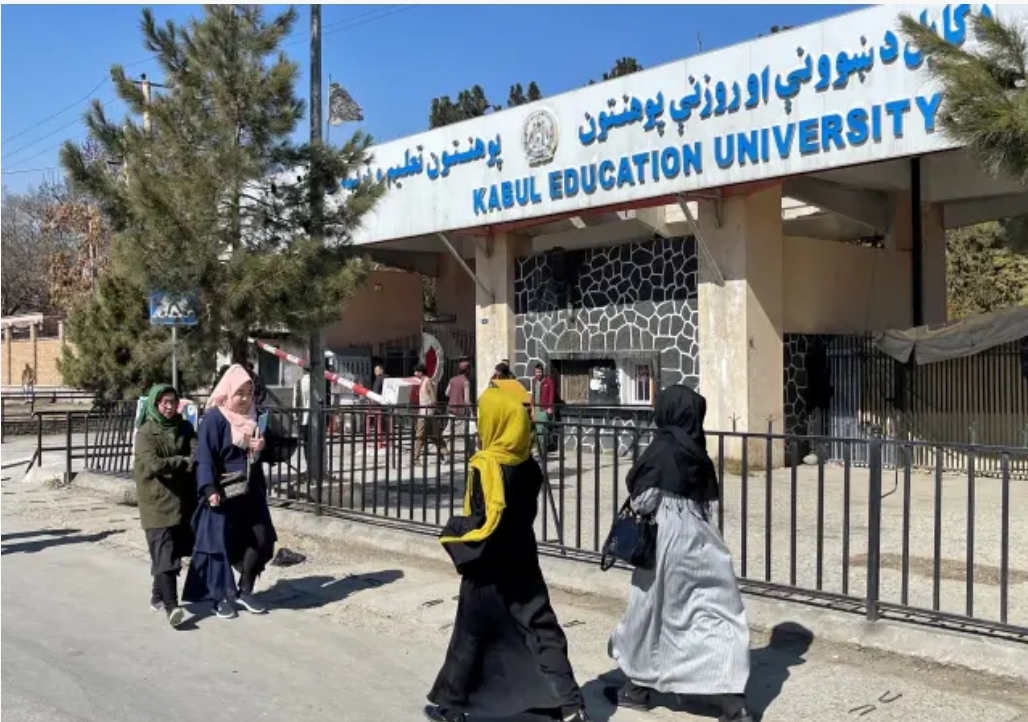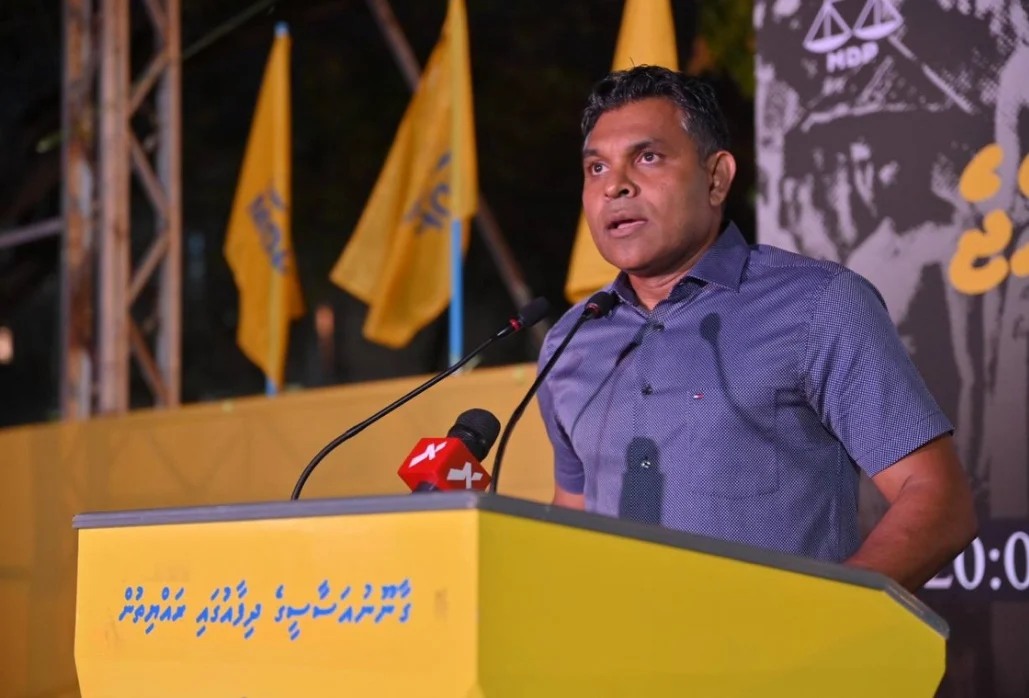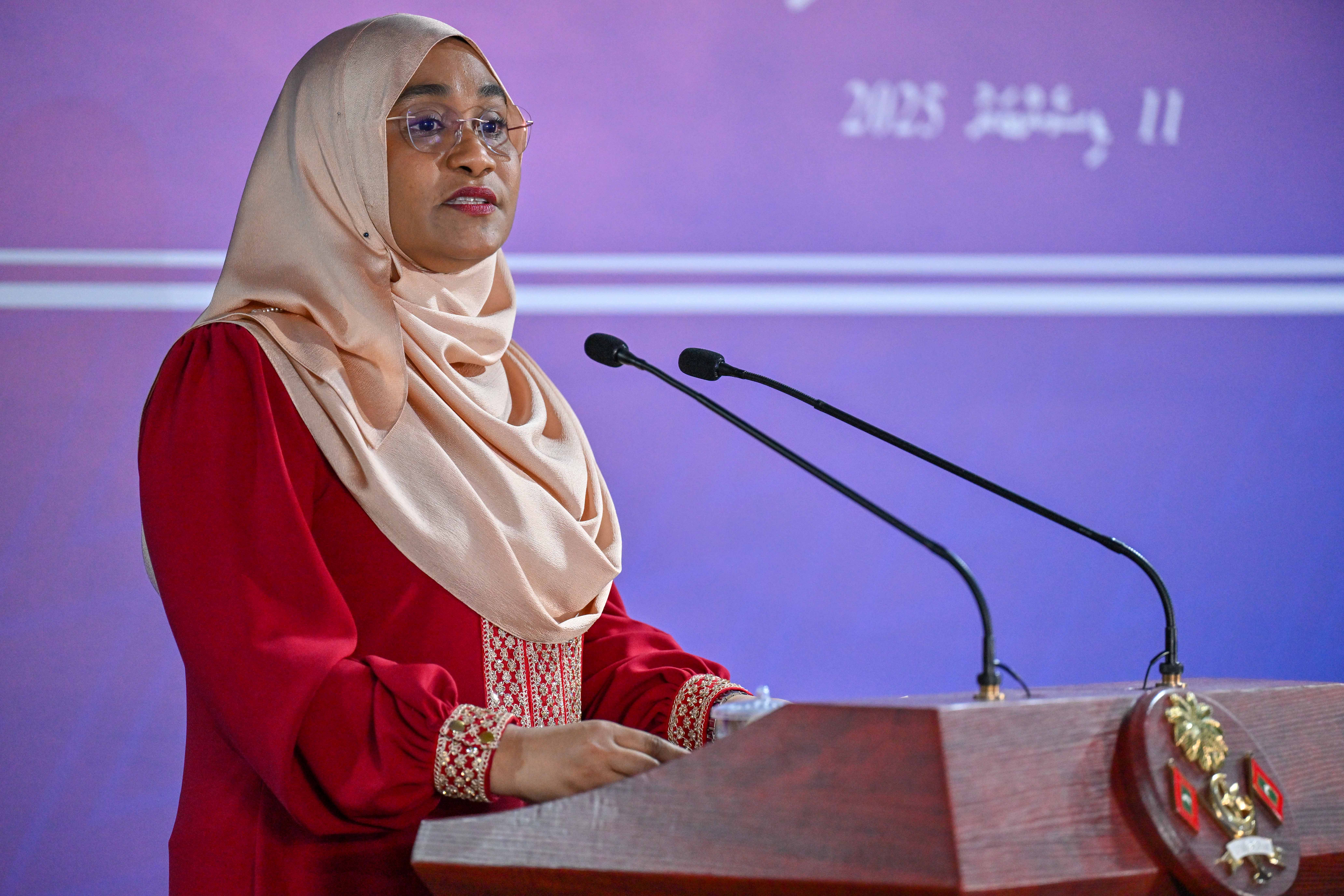UNICEF remarked on Thursday that it is extremely worried about allegations that the Taliban are driving out foreign organizations from Afghanistan's education sector and directing them to transfer their operations to regional nongovernmental organizations.
It follows a ban on Afghan female employees in December for allegedly failing to properly wear the Islamic headscarf, or hijab, and for failing to observe gender segregation in the workplace. This limitation is the most recent one placed on NGOs operating in the nation. The UN was included in the ban's April expansion.
According to a WhatsApp voice message allegedly from a senior education official in Kabul, all multinational organizations have one month to hand over their education projects to local organizations.
The Education Ministry was not immediately available to verify the voice note, but aid agency officials said they are aware of the message and are taking it seriously. They spoke on condition of anonymity because they are not authorized to speak to the media.
The ban on Afghan female staff working at the UN was also relayed through a WhatsApp voice note, purportedly from a senior Taliban figure.
“As the lead agency for education in Afghanistan, UNICEF is deeply concerned by reports that over 500,000 children, including over 300,000 girls, could lose out on quality learning through community-based education within a month if international non-governmental organizations working in the field of education are no longer allowed to operate and if handovers to national NGOs are done without comprehensive assessment and capacity building,” the agency said in a statement.
“UNICEF is seeking to better understand the reported directive, and what it could mean for the nationwide program that provides learning opportunities for children in some of the most remote and rural areas of Afghanistan.”
The education programs of UNICEF employ about 17,000 teachers, including 5,000 women.
It follows a ban on Afghan female employees in December for allegedly failing to properly wear the Islamic headscarf, or hijab, and for failing to observe gender segregation in the workplace. This limitation is the most recent one placed on NGOs operating in the nation. The UN was included in the ban's April expansion.
According to a WhatsApp voice message allegedly from a senior education official in Kabul, all multinational organizations have one month to hand over their education projects to local organizations.
The Education Ministry was not immediately available to verify the voice note, but aid agency officials said they are aware of the message and are taking it seriously. They spoke on condition of anonymity because they are not authorized to speak to the media.
The ban on Afghan female staff working at the UN was also relayed through a WhatsApp voice note, purportedly from a senior Taliban figure.
“As the lead agency for education in Afghanistan, UNICEF is deeply concerned by reports that over 500,000 children, including over 300,000 girls, could lose out on quality learning through community-based education within a month if international non-governmental organizations working in the field of education are no longer allowed to operate and if handovers to national NGOs are done without comprehensive assessment and capacity building,” the agency said in a statement.
“UNICEF is seeking to better understand the reported directive, and what it could mean for the nationwide program that provides learning opportunities for children in some of the most remote and rural areas of Afghanistan.”
The education programs of UNICEF employ about 17,000 teachers, including 5,000 women.


















